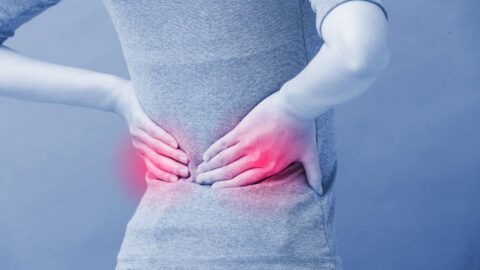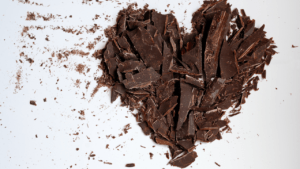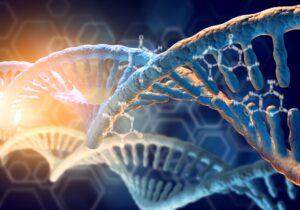Is Testosterone the Reason Erectile Function Changes?
by Vanita Dahia
It’s a common scenario: a man in his mid-years notices a subtle downward spiral—less strength and energy, a lack of enthusiasm for challenges, and a decreased interest in sex. This often leads straight to the assumption that Testosterone (T) is solely to blame.
While low T is indeed a factor, the story of declining erectile function is far more complex than just one hormone.
Interest in sex starts in the brain, where the neurotransmitter dopamine is triggered, creating that excited, “reward” feeling that stimulates the gonads to boost testosterone and initiate erectile function.
A lab report showing low Testosterone is a clear flag for reduced stamina, libido, fatigue, and potential erectile dysfunction. But you will notice that as a man ages, his Testosterone declines while his Estrogen often increases—sometimes reaching levels seen in post-menopausal women by his 60s! High estrogen in men contributes to unwanted symptoms like weight gain, belly fat, heat in the body, and excessive need to urinate (BPH), all of which can indirectly impact sexual performance.
Furthermore, stress plays a critical role. High cortisol from chronic stress leads to insomnia, anxiety, sugar cravings, the “tired but wired” feeling, and increased belly fat, all of which sabotage sexual health. Conversely, chronic fatigue with low cortisol and low immune reserve is equally detrimental.
The symptoms of low T and overall hormonal imbalance can even mimic cardiovascular disease, such as high blood pressure and diabetes, which ultimately lead to fatigue and erectile dysfunction.
There is no one cause for changes in erectile function. The solution lies in a holistic investigation that can measure your dopamine status, Testosterone, Estrogen, and adrenal status (cortisol and DHEA). Working with a qualified integrative health expert allows them to tailor the right management solution for you—be it hormones (BHRT), pharmaceutical support, or herbal and neurotransmitter support.
Test for Male Hormones – Andropause, Prostate, Urinary Issues
Testing hormone levels is crucial because changes in testosterone aren’t the sole cause of erectile dysfunction.
The balance between testosterone and estrogen (Estradiol), along with thyroid hormones and prolactin, also significantly impacts erectile function and libido.
A comprehensive hormone panel ensures an accurate diagnosis to guide targeted treatments, optimizing both sexual health and overall vitality.
Educational Webinar
Is Testosterone the Reason Erectile Function Changes?
Testosterone Deficiency in younger men – Is it a thing?
Why is it Important?
Whilst it is expected that Testosterone declines with age, it is alarming to observe the prevalence of low Testosterone levels in younger men. Erectile dysfunction (or impotence) and infertility are major stressors in males. Establishing the cause and risk factors is paramount to male hormonal balance.
Low DHEA and Testosterone levels in males can be predictive of male menopause also known as ADAM (Androgen deficiency in the ageing male) or Andropause. As a man enters andropause, the first thing that he notices is a downward spiral in energy and muscle strength; also starts to gain weight around the belly and experience mood changes, what some would call the “Grumpy old man syndrome”.
Don’t think that Testosterone is the answer to all male ills. We need all key players – Estrogen, Testosterone, DHEA, Cortisol, Thyroid, Gut – working together in sync in tune with the body’s natural rhythms.
The natural decline of hormone levels in aging men also poses an increased risk of cardiovascular disease and prostate problems.
Learning Outcomes
In this webinar, you will learn:
The play of hormones in a male
➡️ Signs and symptoms of an aging male
➡️ Sex hormones and neurotransmitters in erectile function
➡️ Male hormones in prostate conditions
➡️ Current treatments and pitfalls for balancing male hormones
➡️ Pharmaceutical and natural management of erectile function, andropause and prostate health




